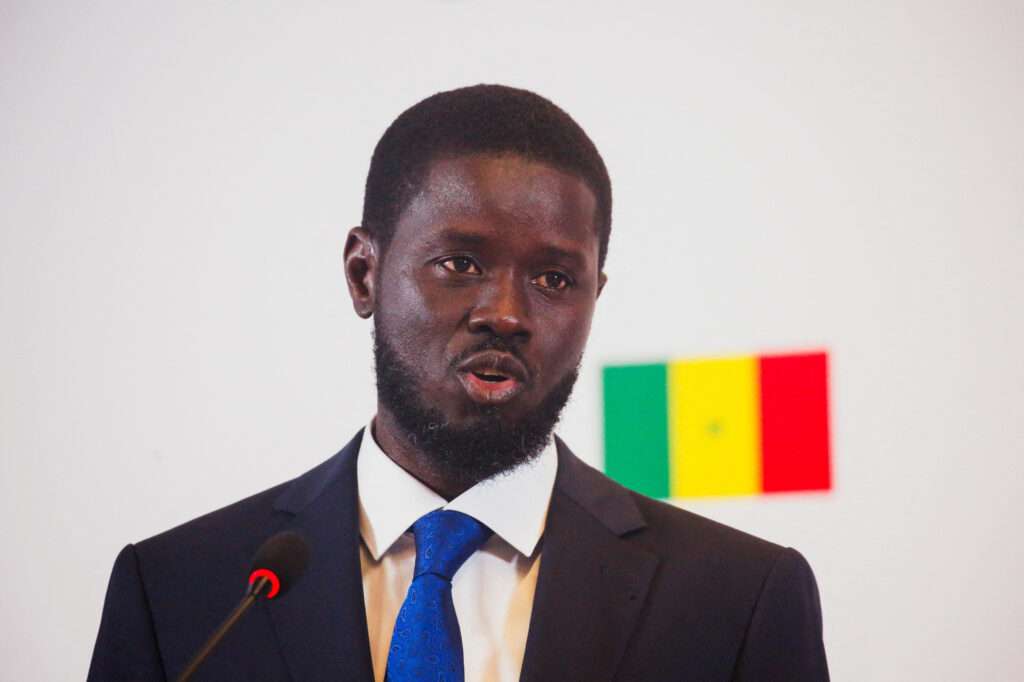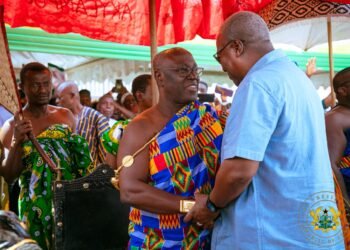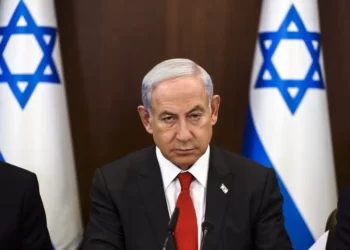With energetic rallies, colorful fireworks, and caravans sweeping through towns, Senegal’s political parties are gearing up for a pivotal parliamentary election on November 17.
The results will determine whether President Bassirou Diomaye Faye, elected in a landslide victory in April, can fulfill campaign promises to root out corruption and improve livelihoods.
Faye’s Pastef party aims to secure a majority in the National Assembly, which would allow him to implement his 25-year development plan designed to diversify Senegal’s economy, boost local industry, and create jobs for its rapidly growing population.
However, achieving this majority is far from guaranteed, as former ruling parties have joined forces to challenge Pastef’s influence in a unified front.
New Alliances Challenge Pastef’s Majority Hopes
The biggest threat to Faye’s agenda comes from a coalition formed by ex-presidents Macky Sall and Abdoulaye Wade, whose parties — the Alliance for the Republic (APR) and the Senegalese Democratic Party (PDS) — dominated the outgoing parliament with 106 of 165 seats. “This election has symbolic significance,” explained political analyst Mamadou Seck. “The critical challenge today is for Diomaye Faye to understand whether the people who elected him with 54% still support his program.”
Faye dissolved the opposition-led National Assembly last month after accusing lawmakers of refusing to engage on budget proposals and other essential policies. Now, this election will serve as a referendum on whether his popularity remains strong enough to secure the legislative support he needs.
“This is the first time Pastef has decided to run alone, without a coalition,” noted Seck, adding that the move could be a test of the party’s reach and influence. As part of his strategy, Faye has also brought on board former allies of Sall, which may help bolster Pastef’s voter base.
A Test for Senegal’s 165-Member Assembly
The election will shape the makeup of Senegal’s National Assembly, which comprises 165 seats. Of these, 112 members are elected through a blend of first-past-the-post and party bloc voting in single or multi-member constituencies, while 53 are chosen through proportional representation from a nationwide constituency.
If Pastef secures a majority, Faye will likely gain the political leverage to push forward his ambitious reforms. Conversely, a win for the opposition coalition could lead to a significant power shift, curbing Faye’s influence and political plans.

Former Prime Minister Amadou Ba and Dakar’s mayor, Barthelemy Dias, lead smaller opposition coalitions, further adding to the competition. Faye has called for a “peaceful and dignified electoral campaign,” pledging that “the best will win.”
Economic Growth, Jobs, and Anti-Corruption Reforms on the Line
In early October, Faye’s government introduced its long-term development strategy, which promises economic diversification and job creation, especially as Senegal’s youth population expands.
However, Faye’s opponents argue that his party’s ambitious promises would not meet expectations without wider support in parliament. Wade and Sall’s coalition aims to reclaim influence by appealing to long-standing political structures, a strategy that resonates with voters wary of Faye’s rapid reforms.
With a history of political stability and peaceful transfers of power, Senegal now stands at a crossroads as Faye’s anti-corruption initiatives and economic reform agenda come under the spotlight. The election’s outcome will determine the extent of support for his administration and the direction of the country’s legislative future.
As such, the stakes are high for President Faye as he seeks to consolidate power and achieve the goals that propelled him to office earlier this year. But with opposition coalitions growing in strength, Senegal’s parliamentary race is shaping up to be a fierce test of public support for the president’s vision for the nation’s future.
READ ALSO: NDC Rejects EC’s Disqualification of PC, Vows to Fight for Justice




















